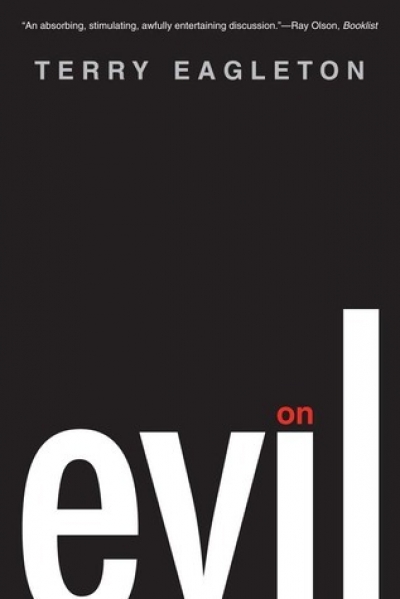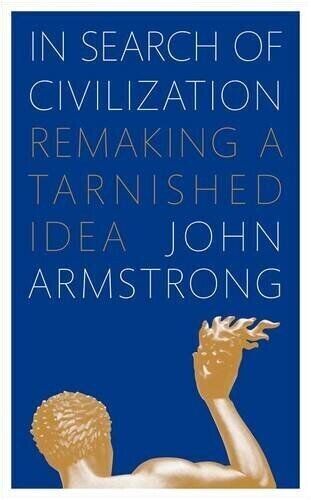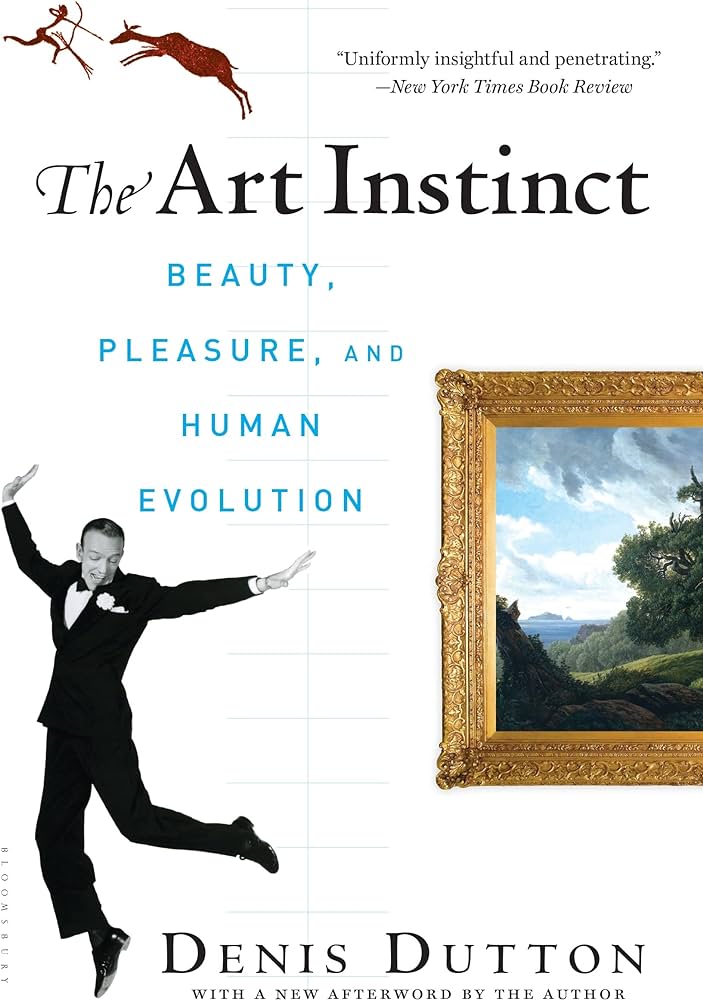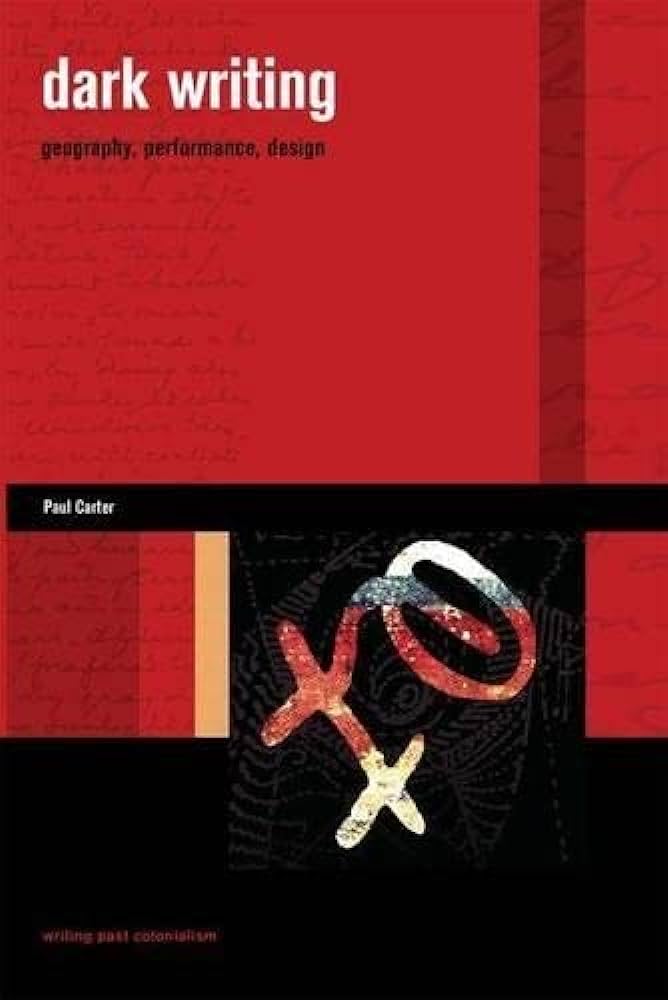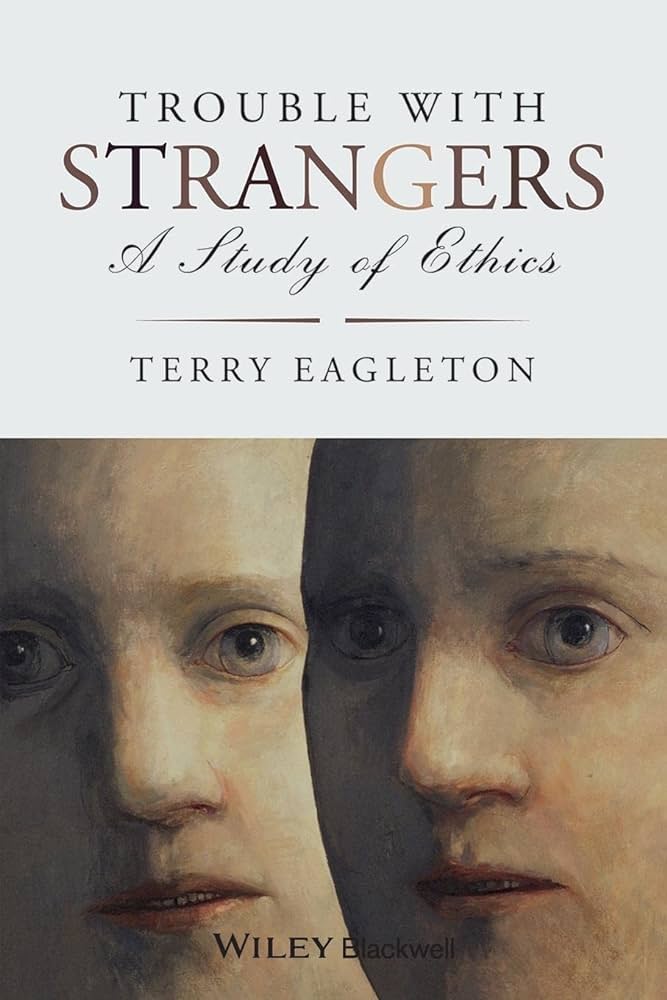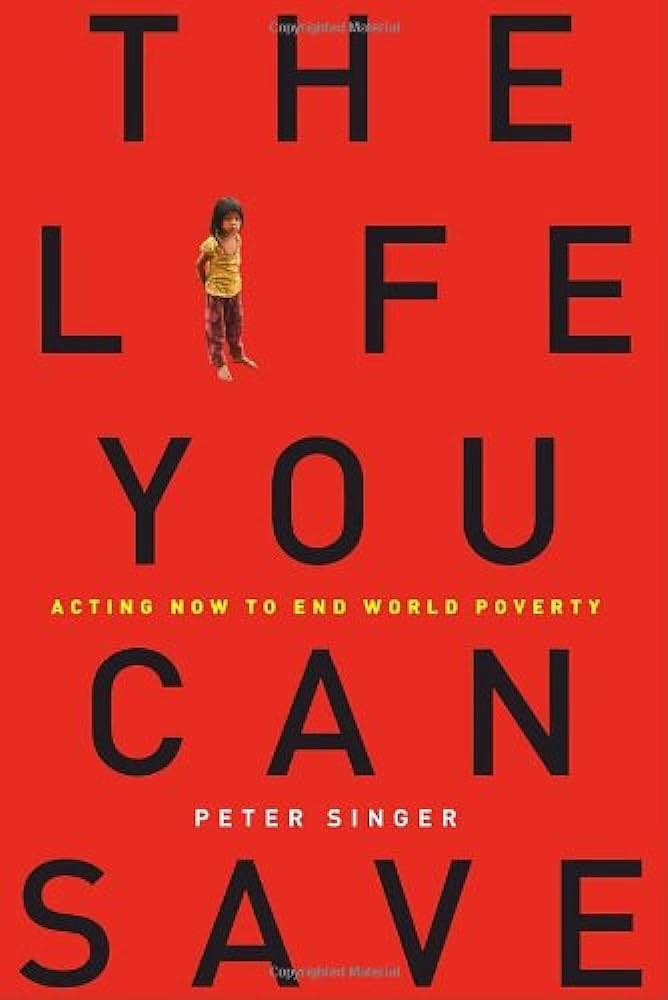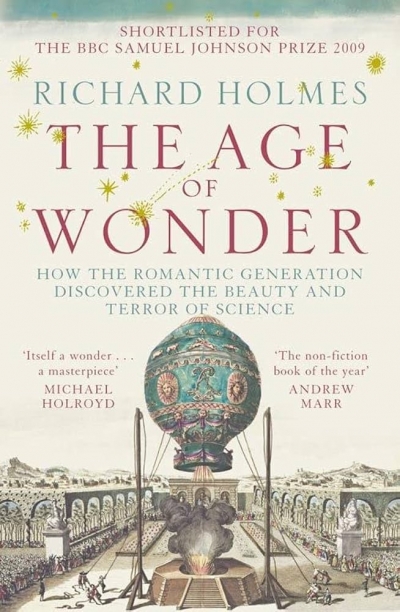Philosophy
In Search of Civilization: Remaking a tarnished idea by John Armstrong
by Tamas Pataki •
The Art Instinct: Beauty, pleasure and human evolution by Denis Dutton
by Helen McDonald •
Birdscapes: Birds in our imagination and experience by Jeremy Mynott
by James Bradley •
Trouble With Strangers: A study of ethics by Terry Eagleton
by Anthony Elliott •
The Life You Can Save: Acting now to end world poverty by Peter Singer
by Anthony J. Langlois •
The Age Of Wonder: How the romantic generation discovered the beauty and terror of science by Richard Holmes
by John Hay •


